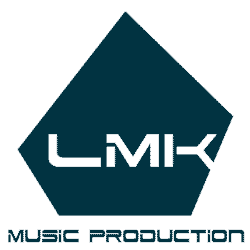Guide: which is the best VST synthesizer for analog sounds?
The old school stands still.
But, never forget: a synthesizer is just an instrument.
It is up to you to let it create your ideas: never think first about what do you need. Think first about what do you want to do, or you’ll never find the solution you’re looking for.
What we’ve found to be the best VST synthesizers for analog sounds are:
Reaktor and Omnisphere
Why?
Native Instruments Reaktor
Reaktor is inarguably the most complete VST synthesizer ever made, and it excels in any kind of synthesis.
Pro:
- Very rich, analog style sounds
- Extreme programmability: you can literally build your own synthesizer
- If you can hear it, you can probably recreate it with Reaktor
Cons:
- High CPU usage. And this could be a real problem when dealing with crowded DAW sessions.
Spectrasonics Omnisphere
With its latest evolution, Omnisphere has started to offer a very nice array of good analog sounds.
Pro:
- If you’re lucky to find your sound amongst the PCM library, the patch will sound great and with minuscule CPU/RAM usage
- Very easy to use
Cons:
- Low programmability: unlike Reaktor, Omnisphere has a very rigid, Model-D structure.
Why we’ve chosen them amongst all the other synths?
Being the best ones on the market, we currently use them in our works: you can hear how do they sound in our portfolio.
Would you like to hear how do they sound?
- 64 bit architecture support
They can use all of the power of the newer CPUs and operative systems. - Reliable software developers
They both come from respectable software developers, from which you can expect excellent customer service and updates. - Ease of use
The easier the program, the faster you’ll actualize your ideas. - Software stability
We don’t even take into account VSTis who doesn’t have guaranteed stability even in the most complex DAW sessions.
Let us hear from you!
If you have found this post to be useful, share with us your experiences on your social networks!
Maybe you could also add a link of what you’ve created, and by using the hashtag #lmkmprod we’ll be able to find all of you.
We’re looking forward to hearing from you!


